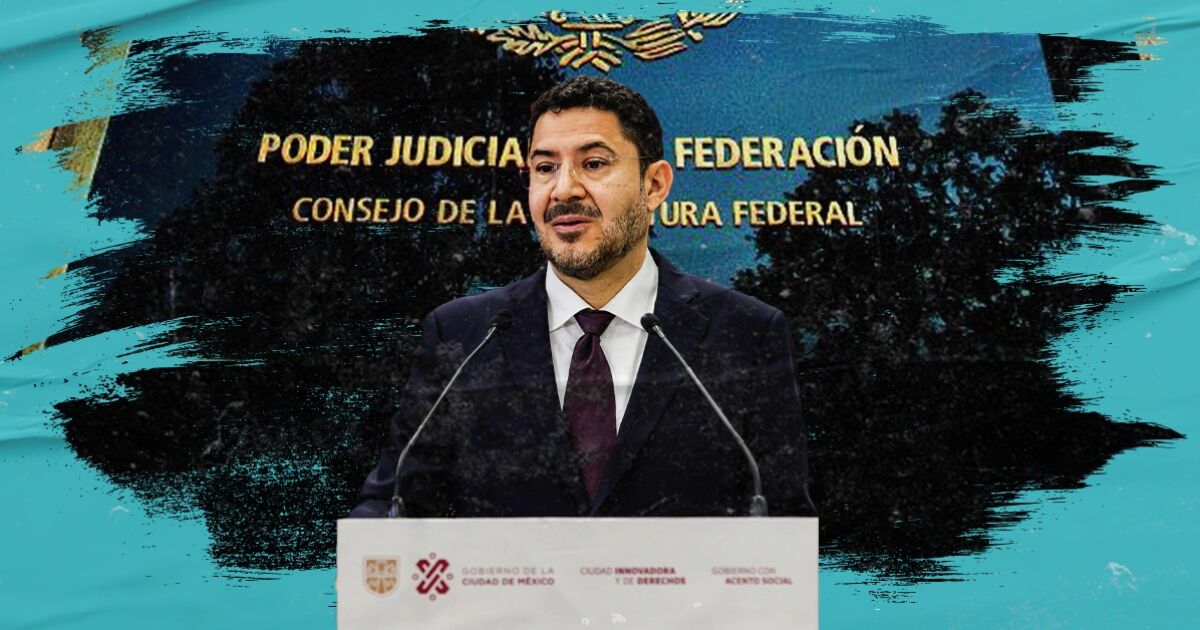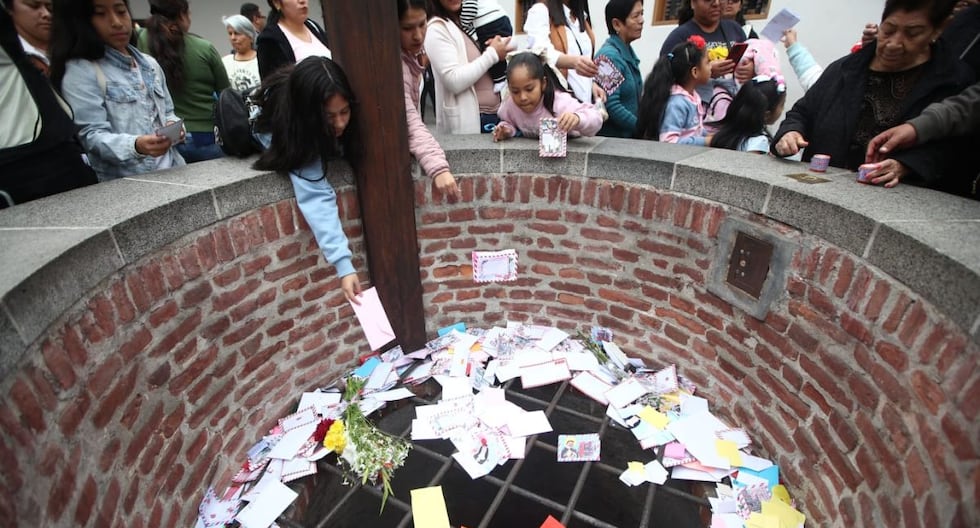Now the judiciary must prioritize “the principles of substantive equality, restorative justice and redistributive justice, and the goals of social justice.”
“In order to ensure that, with regard to non-essential elements in the procedure, an authentic system prevails that guarantees and promotes the effective protection, without undue delay, of human rights, especially of social groups and persons who find themselves in situations of poverty, exclusion, marginalization, inequality, discrimination or social disadvantage,” the reform states.
Batres’ initiative is dedicated to a specific case, as his proposal was based on cases such as the release on March 6 of ‘El Fabián’, alleged leader of the criminal cell ‘La Ronda 88’, which operates mainly in the Historic Center of Mexico City.
The head of government requested the release of the suspect from federal judge Roberto Omar Paredes Gorostieta Femat, who considered the arrest to be illegal.
“And what about justice? And what about the victims of this person? And what about the Rewards Program that the Attorney General’s Office opened? None of that mattered to the judge,” said Batres on July 16 when presenting his initiative at a press conference.
However, experts warn that this reform to the capital’s judiciary falls short of the changes needed in the justice system and even warn of a risk to the rights of people who are arrested for a crime in the city.
Jorge David Aljovina specialist in Constitutional Law, considers Batres’ reform as a less radical proposal than the one presented by President Andrés Manuel López Obrador for the Judiciary at the federal level and sees its application at the local level, where citizens have more direct contact, as positive.
However, the analyst explains that prioritizing “social justice” over “non-essential elements in the procedure” can create legal uncertainty for people arrested and accused of a crime.
“An innocent person could be arrested without respecting the essential formalities of the process and the possibility of the authorities arresting potential offenders, but in compliance with the law, could simply be ignored.
“There is a serious risk that, under the pretext of achieving a goal, the rights of the capital’s citizens are being trampled on,” he said in an interview.
Aljovín sees the capital’s reform as reductionist, since cases such as that of ‘El Fabián’ are taken as a generalization.
“What will happen tomorrow when a person’s fundamental rights are violated, he is arrested without just cause and a judge can keep him in jail because he believes he is guilty?”
This reform has greater weight as a political message from the current head of Government in the face of the discussion of the reform for the Federal Judicial Branch, but it falls short as there is no definition of social justice and it is directed at only one part, when what exists is a problem in the entire justice system, says Armando Rodríguez Luna, a national security specialist who was a member of the Collective for the Analysis of Security with Democracy (Casede).
“Nor does it put the emphasis where it should, which is on the work of the prosecutors. The fact that there are cases of corruption within the Judiciary does not excuse the fact that the Attorney General’s Office of Mexico City is not prepared, nor is the Attorney General’s Office of the Republic and of other states.
“The initiative of the head of government is placing the emphasis on only one part of the problem, it does not address systemic problems and is rather a political message inserted in the context of the discussion of the reform of the Judicial Branch,” Rodríguez Luna believes.

















